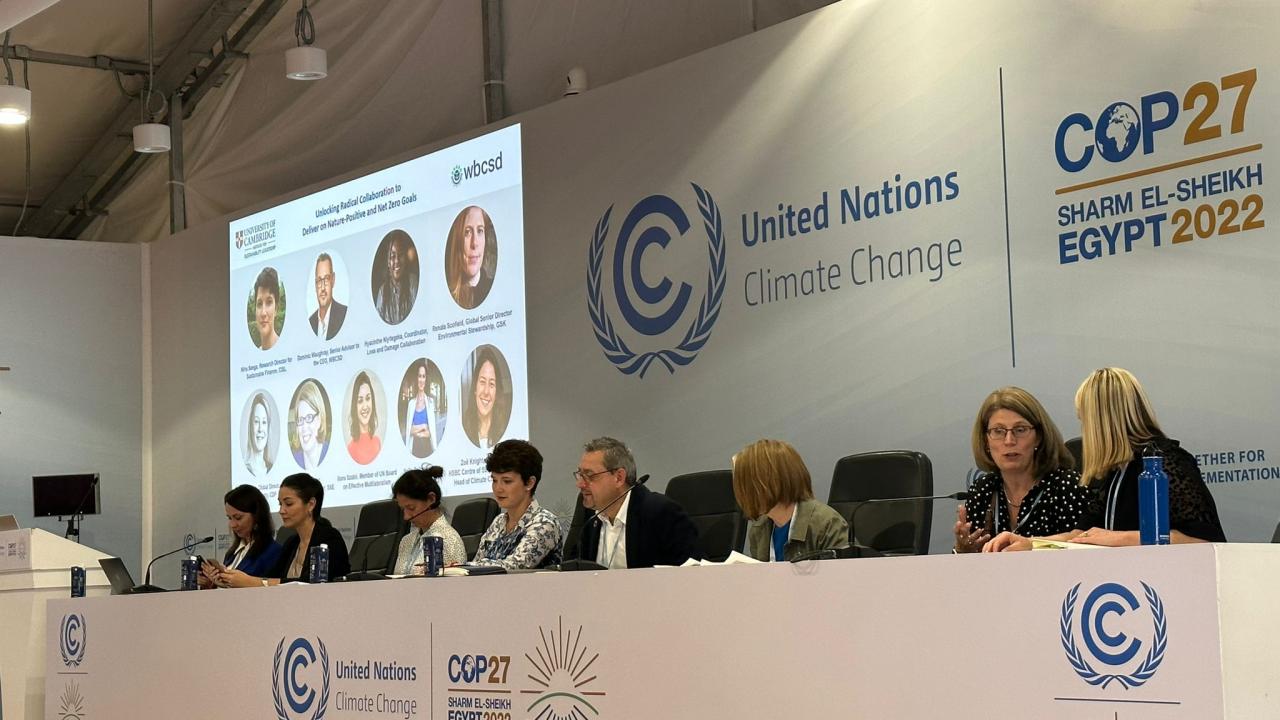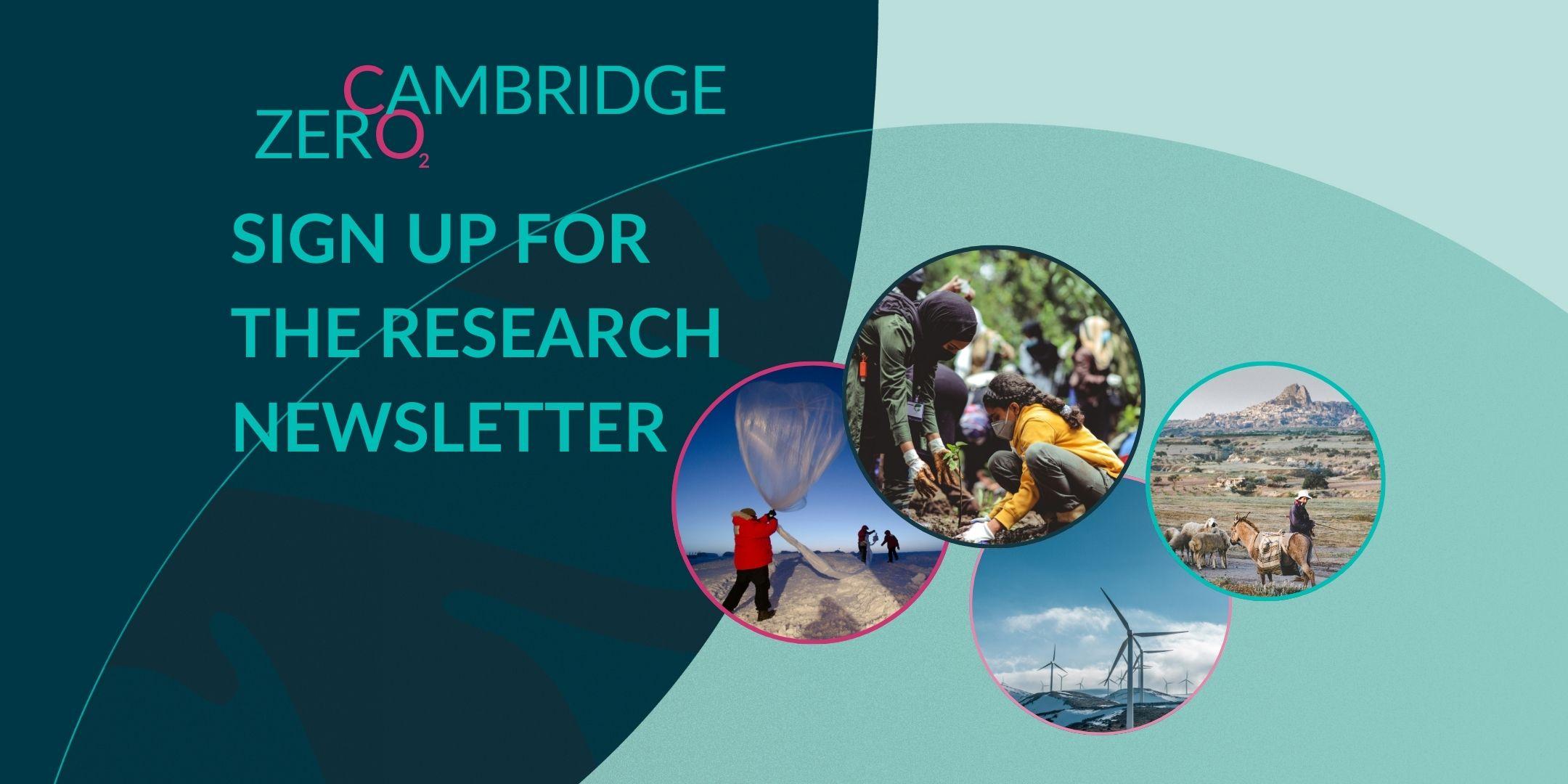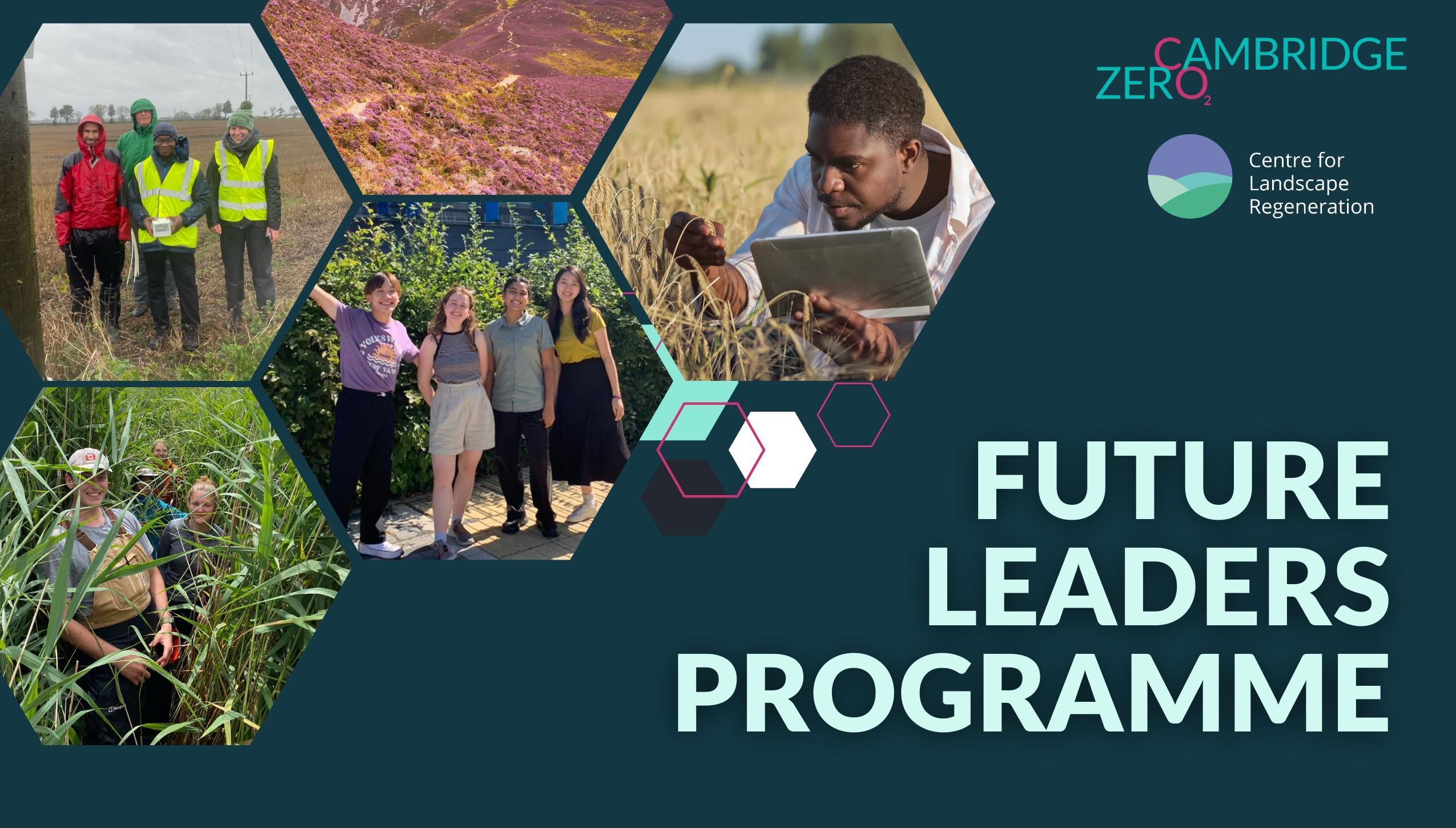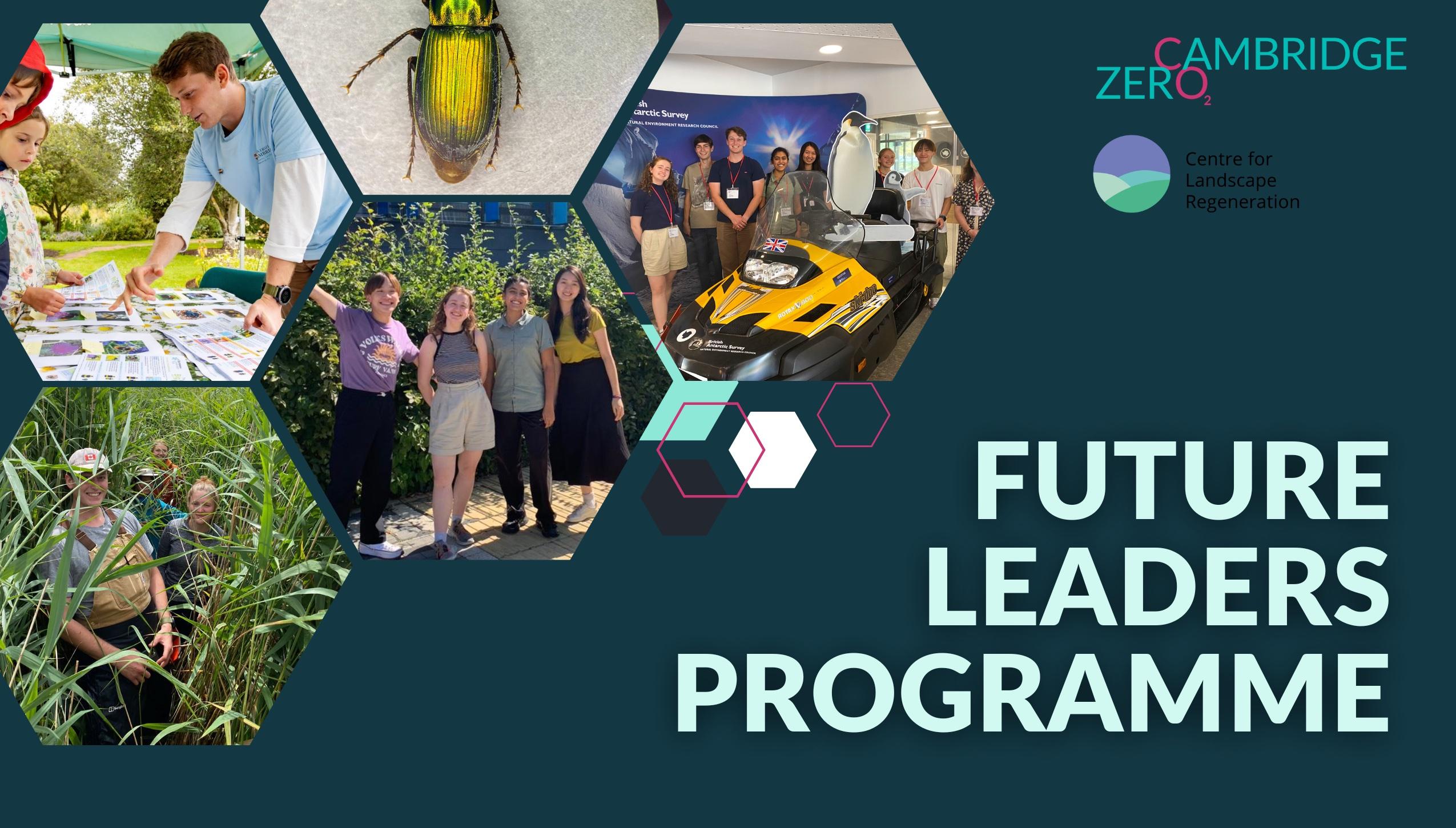Today was the first clouded day since I arrived here in Sharm - which somehow reflected the mood inside the venue. We are in the middle of Week 2 of COP27, and the tension is rising as countries are trying to come to terms with each other. There is a sense of urgency in the air now as you see negotiators rushing through the venue and ministers hopping in and out of panels in the Blue Zone.
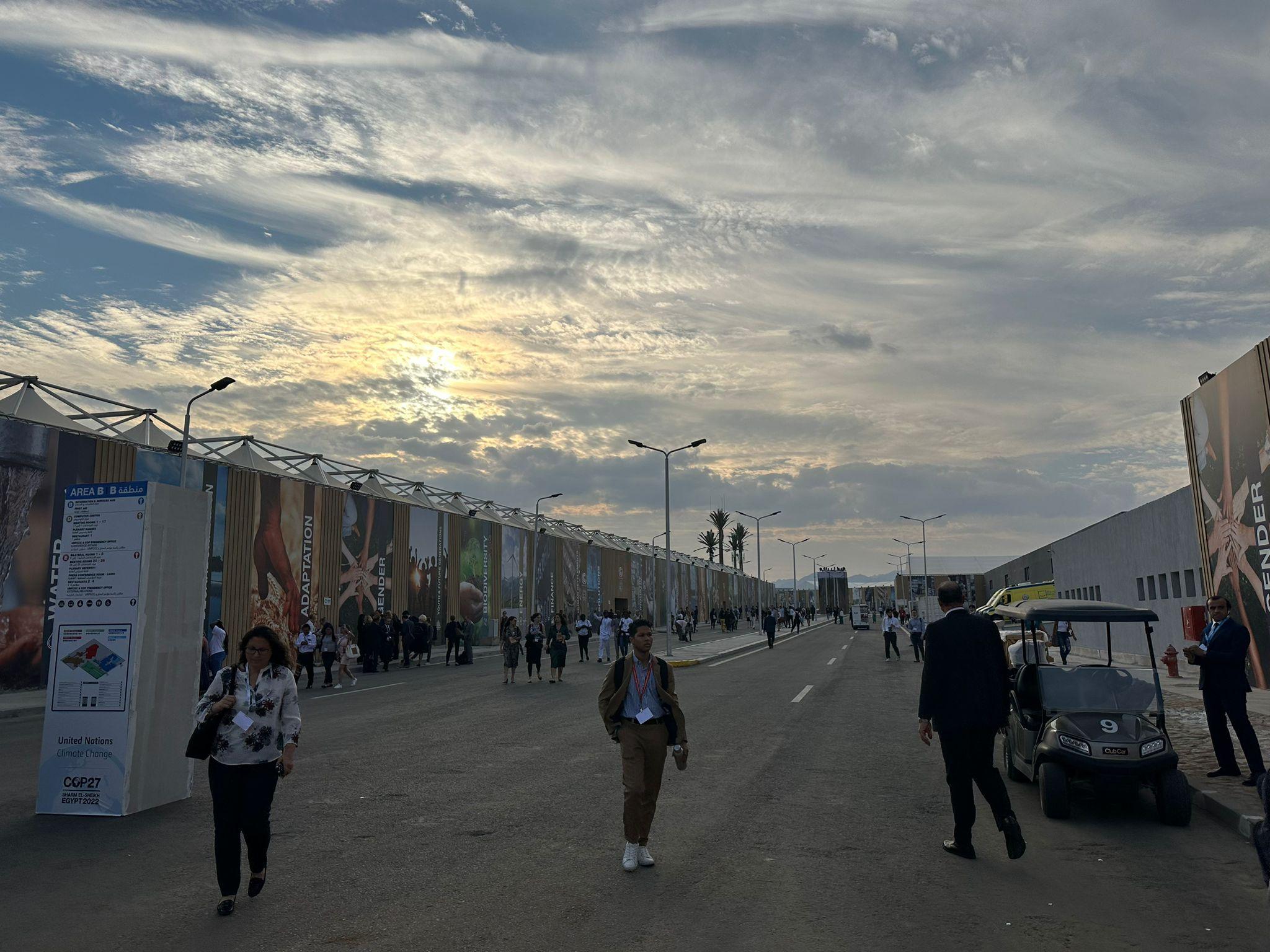
I started the day attending the second half of the high-level segment statements (from Parties, Observers and Constituencies who didn’t speak last week) in one of the main plenary rooms. The sense of urgency and the calls for decisive action were echoed there.
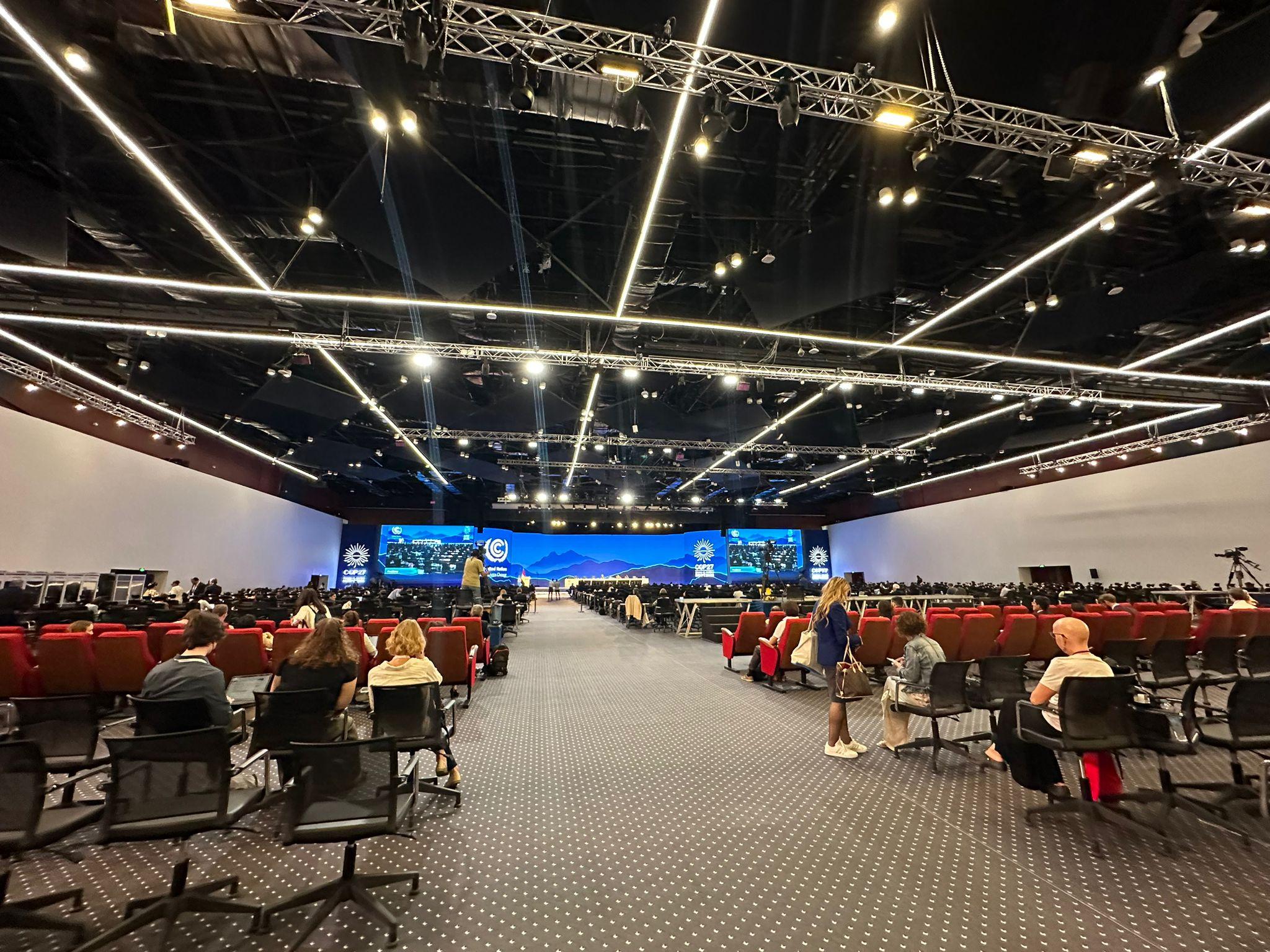
One of the speakers I saw was a representative on behalf of Indigenous Peoples Organizations (IPO) who called on negotiating parties to recognize and better integrate Indigenous Knowledge and Practices into decisions. They warned against an overemphasis on nature-based solutions as potentially “false solutions” and specially demanded the full and effective participation of Indigenous Peoples in discussions on loss and damage finance.
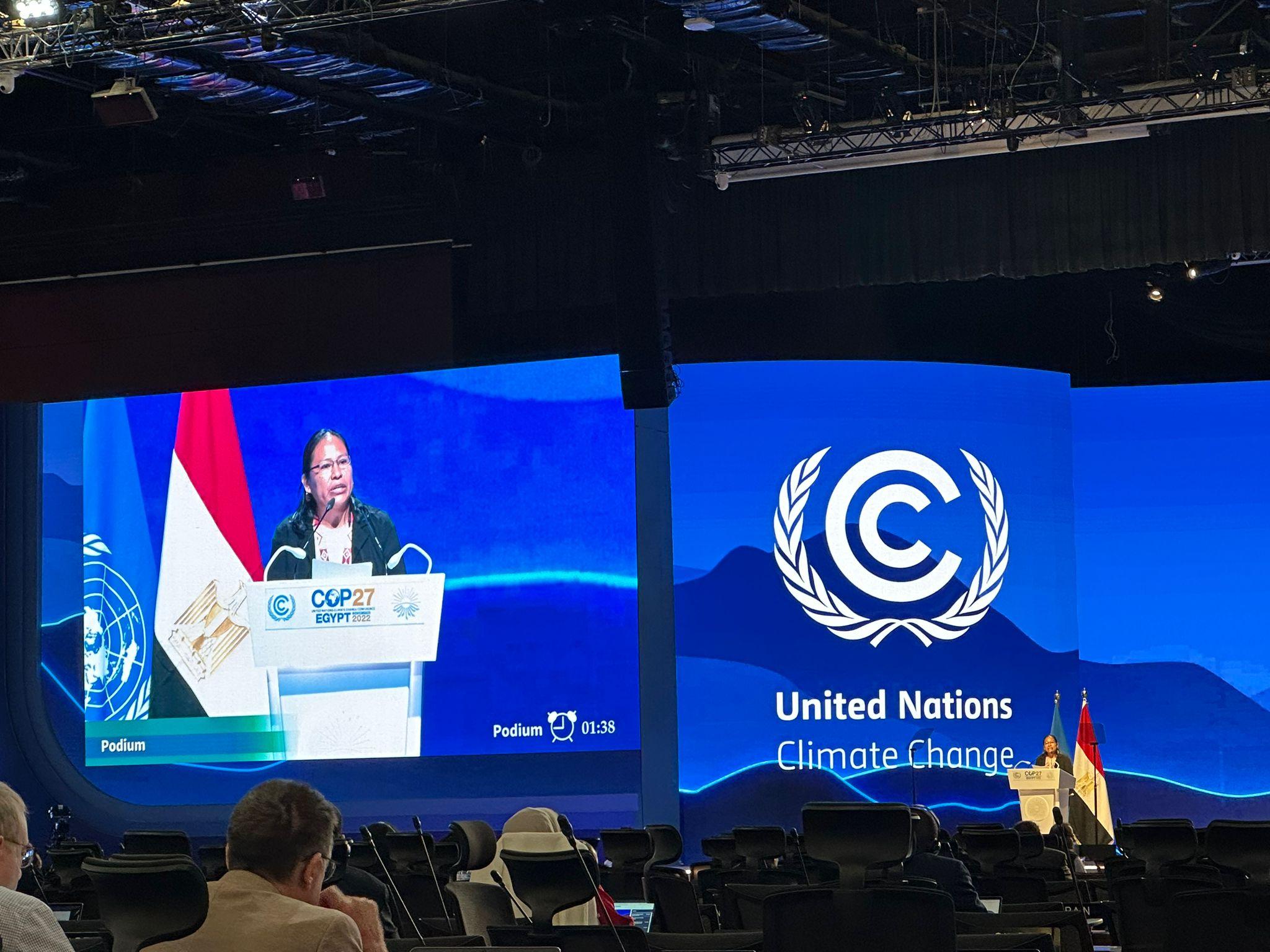
While the high-level statements came to a close today, the ministerial-level discussions really took off to get COP27 over the finish line.
On my way to the next event, I stumbled across a large crowd of journalists and cameras, realizing moments later that the newly elected Brazilian President-elect Luiz Inácio Lula da Silva had come to COP27 to declare that “Brazil is back.”
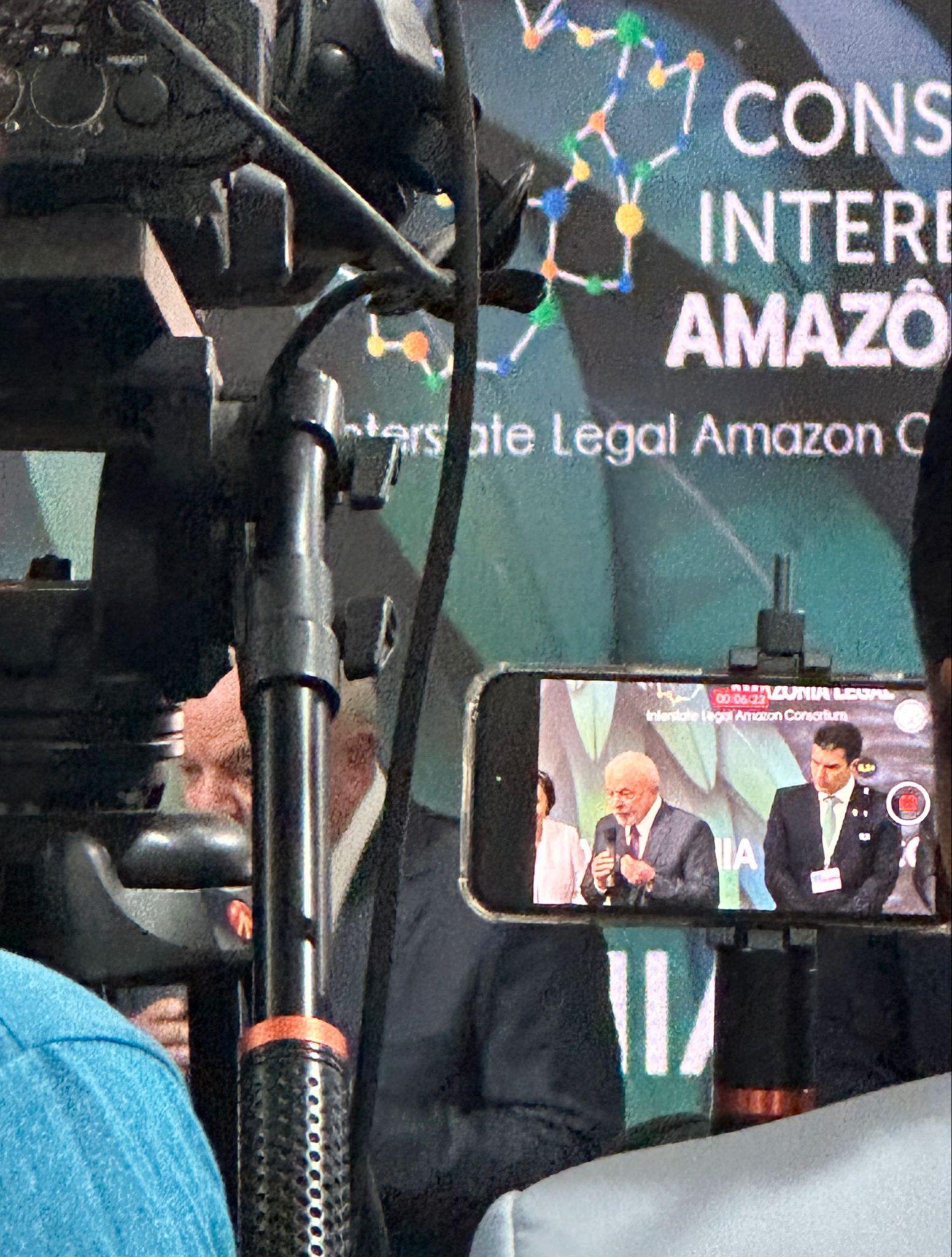
Later on, I attended a side-event on 'Unlocking Radical Collaboration to Deliver on Nature-Positive and Net Zero Goals', organized by the University of Cambridge’s Institute for Sustainability Leadership (CISL) and the World Business Council for Sustainable Development (WBCSD). The event was opened by Hyacinthe Niyitegeka from the Loss and Damage Collaboration who shared the perspective of young people on why urgent action is needed now. She explained how young people hear from their elders that the climate changes around us are unprecedented - “as young people we are worried.” Hyacinthe went on, “we are here as negotiators and activists […] and we are not asking for a lot, but we want loss and damage to be recognized." She said she was optimistic regarding tangible results on loss and damage, both in terms of finance as well as technical assistance and technology. The latter point relates specifically to the so-called 'Santiago Network', which was established in 2019 at COP25 (as part of the Warsaw International Mechanism for Loss and Damage under the UNFCCC) in order to "catalyse technical assistance of relevant organizations for the implementation of relevant approaches in developing countries that are particularly vulnerable to the adverse impacts of climate change" (see Decision 2/CMA.1, para 43-45).
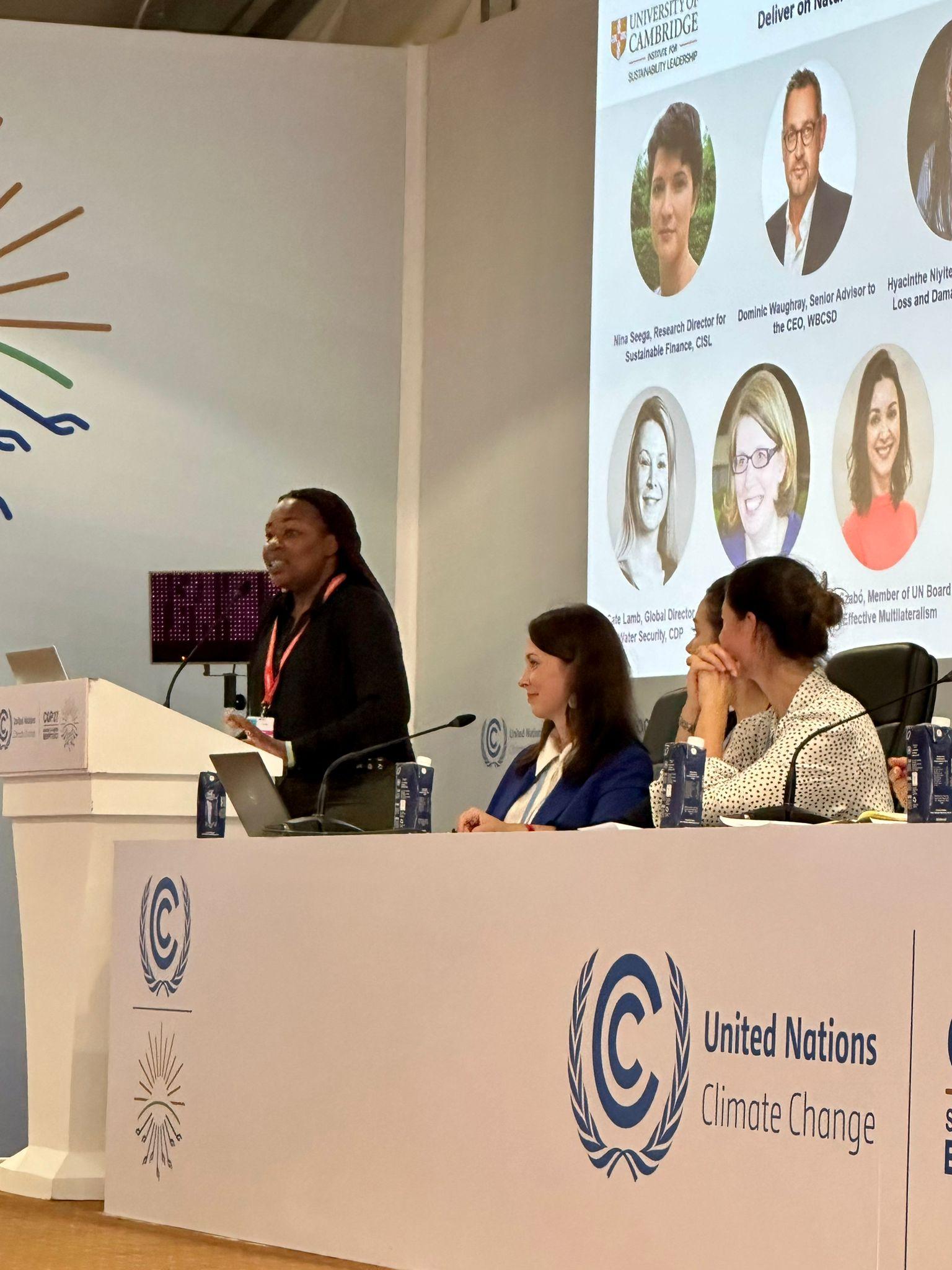
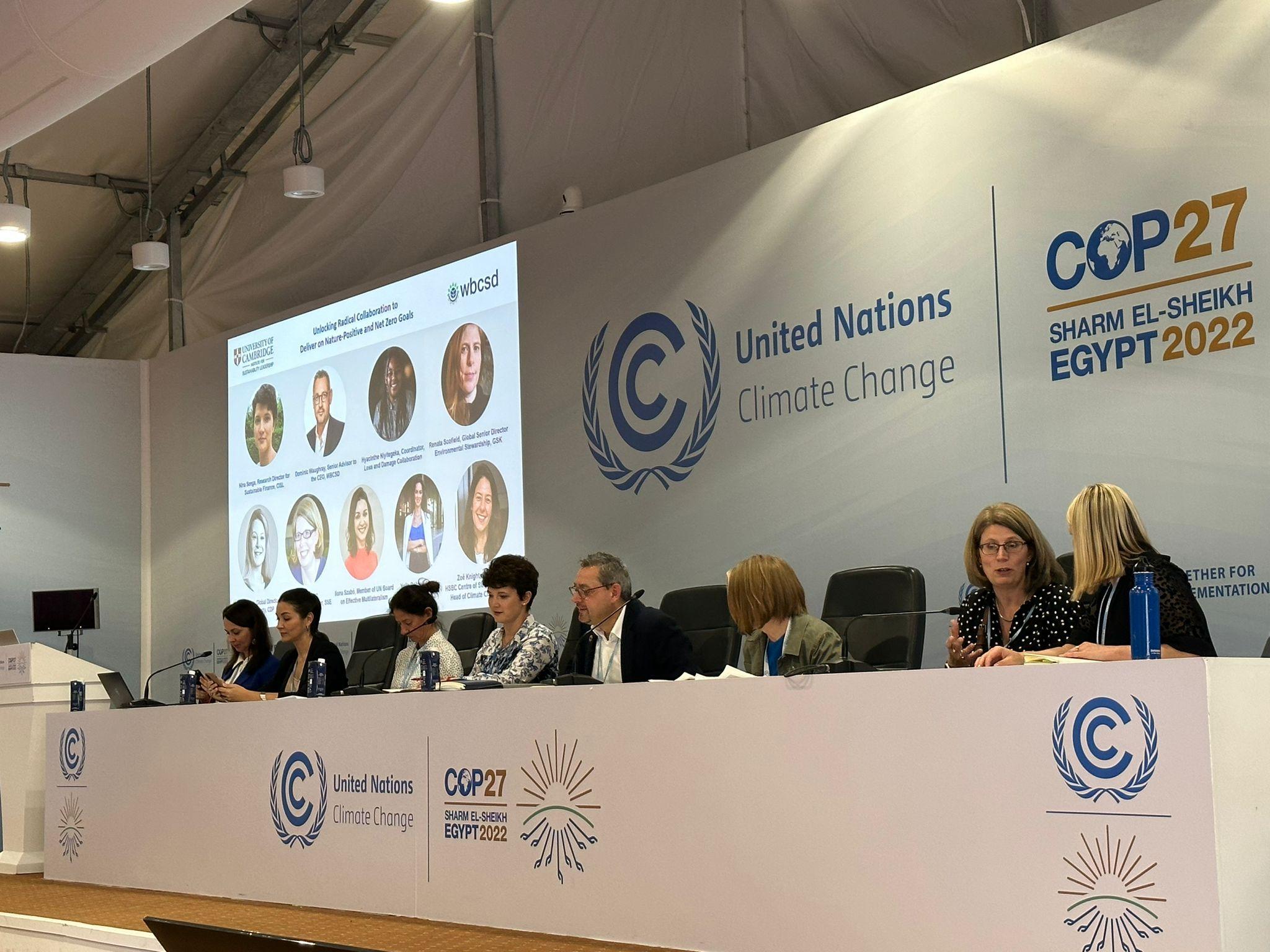
And it seems Hyacinthe‘s words permeated the venue‘s walls directly into the negotiation rooms, as later it was reported on Twitter live from the negotiation rooms that parties reached an agreement on the institutional arrangements to operationalise the Santiago Network (see here how a last-minute huddle seemed to save the day. There is no text yet available on this as I am writing, so the details remain unclear, but I am sure I can report more tomorrow.
That this kind of progress is indeed urgently needed became unambiguously clear at the UNFCCC pavilion event organised by the Ministry of Climate Change of Pakistan on 'Loss and damage: From Intention to Action, COP 27'. The year 2022 has been a year of unfortunate records for Pakistan - a country that experienced unbearable heat and droughts as well as devastating floods that UN Secretary-General António Guterres upon his visit to the affected regions described as “climate carnage."
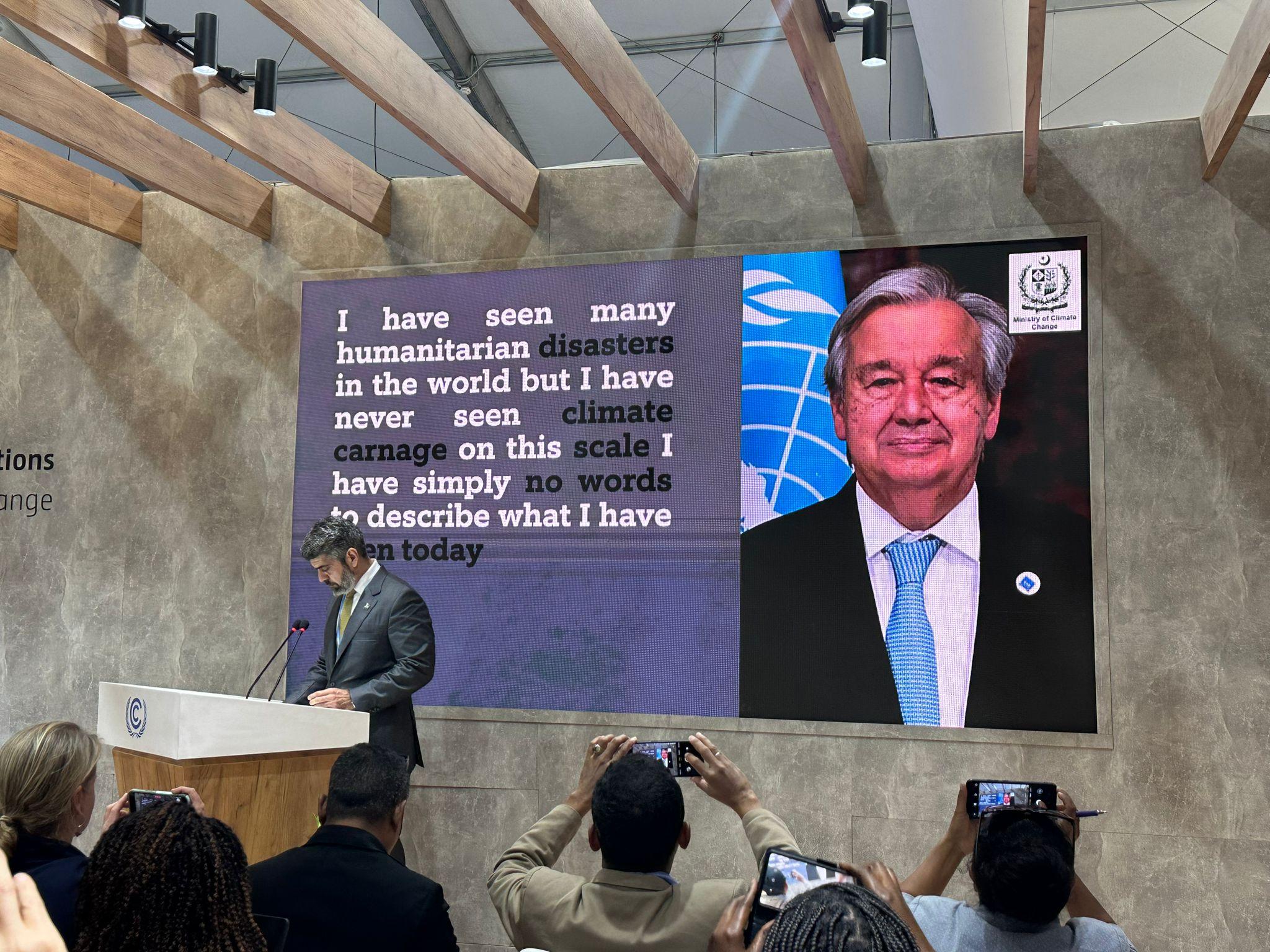
In the first address, Sherry Rehman, Federal Minister for Climate Change of Pakistan, made clear that “inaction is no longer an option,” mainly because “many of us here can afford delaying action but most of us cannot." Here, she made unmistakably clear that 1.5 degrees of warming was the “absolute red line for Pakistan.” Minister Rehman also said that the past 10 or so days of intense negotiations showed that climate finance is front and center of the climate talks, and called for a loss and damage finance facility. To this, Saber Chowdhury, a Member of Parliament of Bangladesh, added in his own speech later that "what we agree to spend today is always less than what we will have to spend tomorrow.”
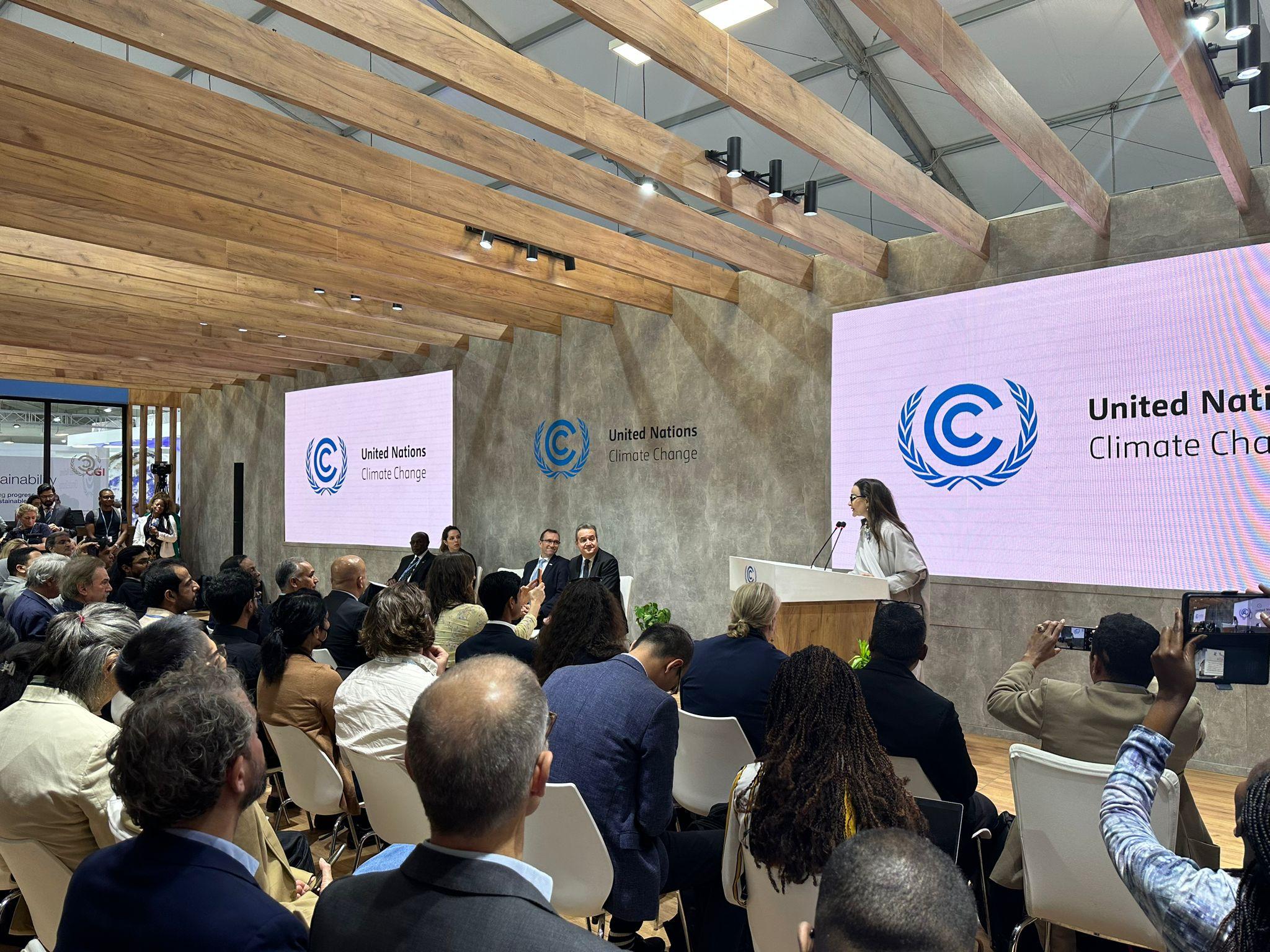
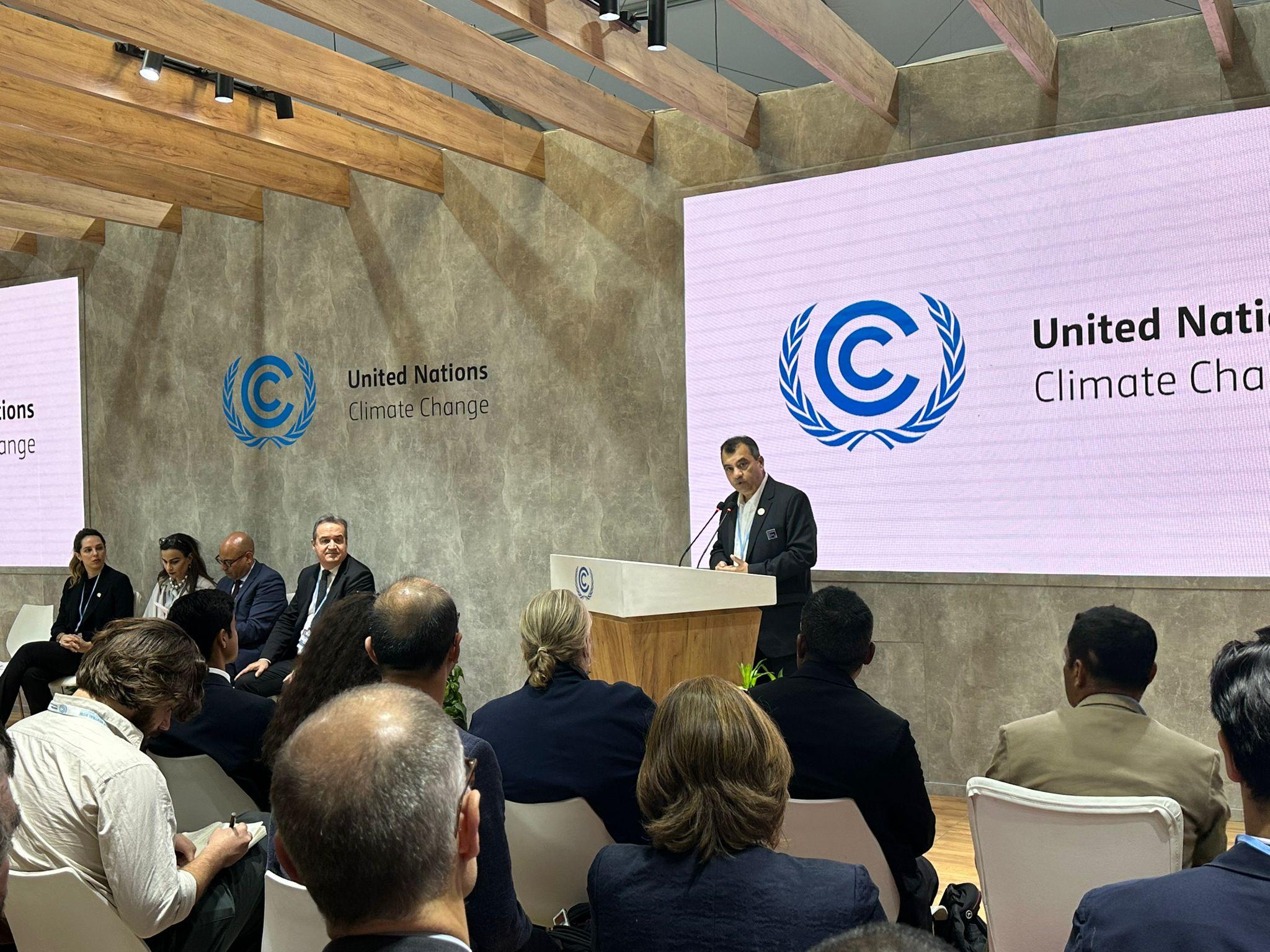
In his address to the event, Molwyn Joseph, Minister of Health, Wellness and the Environment, Antigua and Barbuda, said he was here to support Pakistan and stand by them in solidarity. He said that had we acted with more sense of urgency, we could have already provided help to the people of Pakistan by now. Then, Minister Jospeh went on to tell a story from his own country which is also hit hard by loss and damage already today. He shared the story of how helicopters and boats had come to evacuate and move people from one island to the other, but that they had left the animals behind. They saw dogs come to airports with their owners. But while the people were transported, the dogs were still waiting at the airport the next day. He shared this story to make clear that climate change brings devastation to all lives, not just of those human beings and urged leaders to not ignore the urgency any longer. He called on the developed countries to take action now as we all have a “responsibility to unborn generations.”
These spine-shivering interventions were followed by concluding remarks by the Executive Secretary of the UNFCCC, Simon Stiell, who said that he had heard the frustrations of the most vulnerable in the negotiation rooms, and now it was on the ministerial facilitation to bring discussions forward.
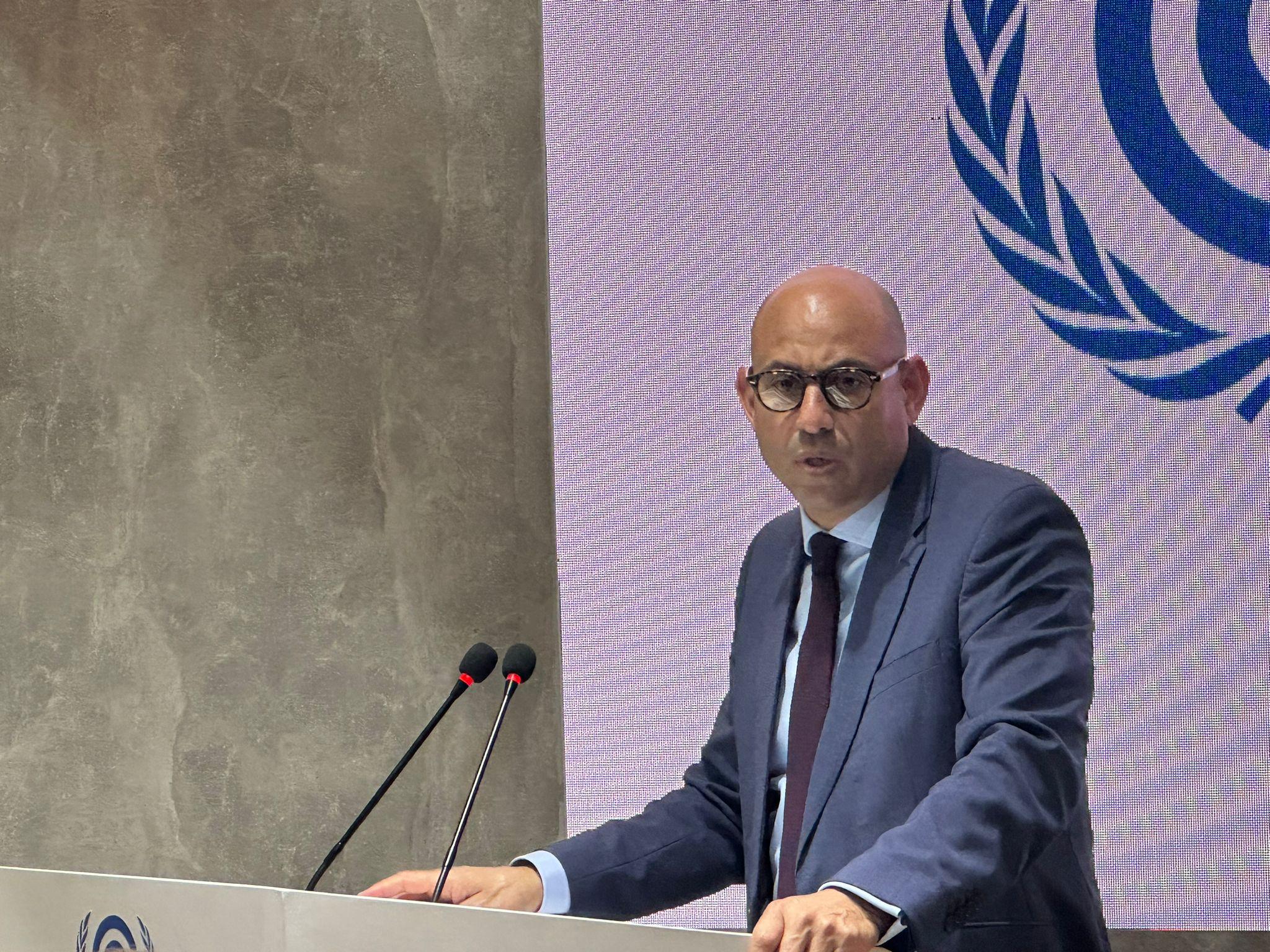
And in all this atmosphere of urgency, there seems to be some more movement on the political front as it was reported that Frans Timmermans on behalf of the EU said that they were “open” to a loss and damage facility.
Let’s see what the new day brings in terms of negotiation progress.
